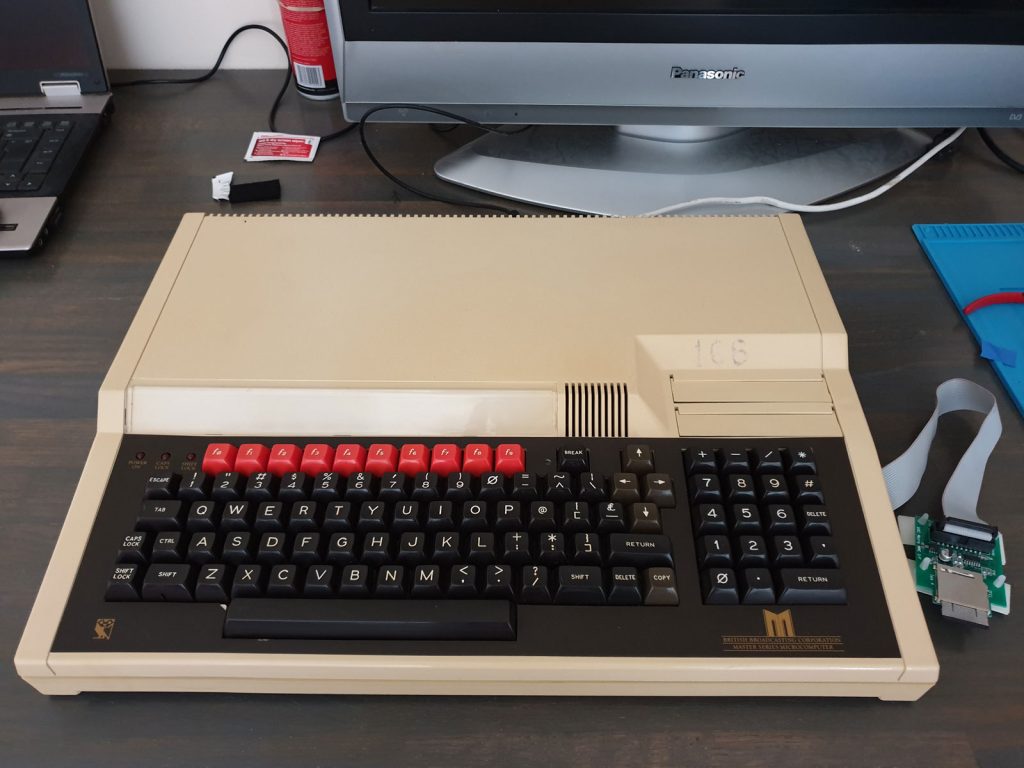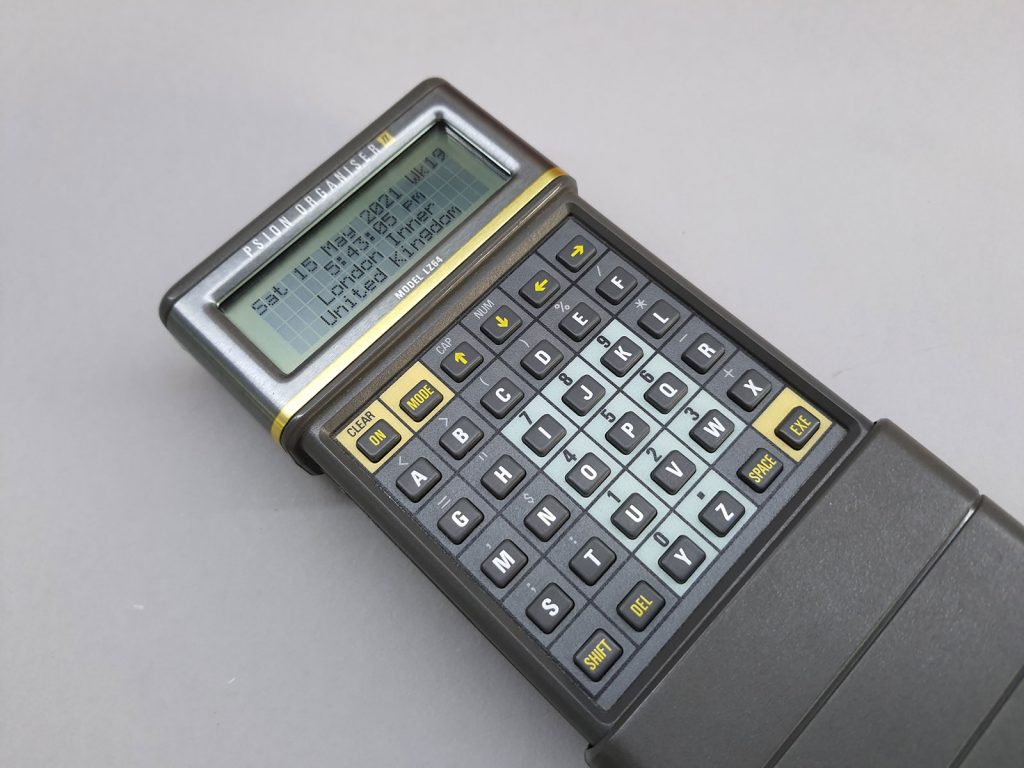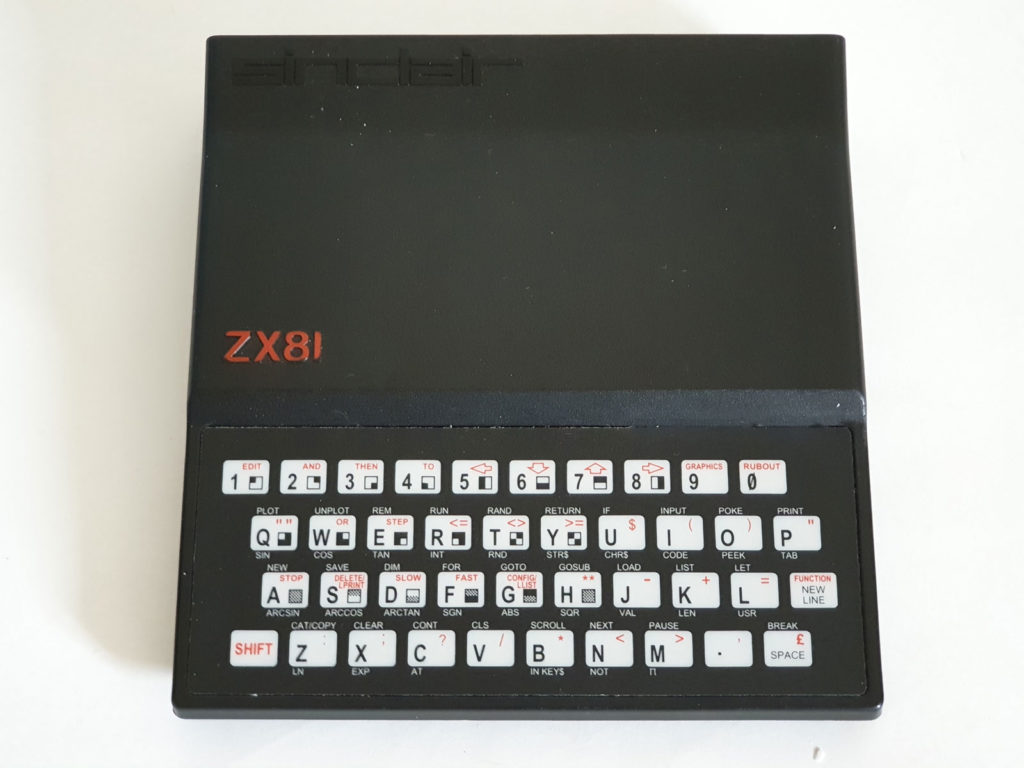Posts Tagged ‘collection’
BBC Micro Model B
The BBC Microcomputer, also known simply as the BBC Micro, was a series of microcomputers developed and produced by Acorn Computers for the British Broadcasting Corporation (BBC) in the 1980s. It was designed to be an affordable and accessible computer that could be used in schools and homes to promote computer literacy and education.
Read MoreBBC Master 128
The BBC Master computer was a microcomputer developed and produced by Acorn Computers for the British Broadcasting Corporation (BBC) in the 1980s. It was part of the BBC’s computer literacy project, which aimed to promote computer education and literacy among the general public, and was widely used in schools in the UK.
Read MoreTexas Instruments TI99/4a
The Texas Instruments TI-99/4A followed the TI99/4, which was let down by a poor keyboard, and was released in 1981. Based on the TMS9900 microprocessor, the TI99/4 was the first 16-bit home computer.
Read MorePsion Organiser II
The Organiser II was launched in 1986 to follow the original Organiser from 1984. It had a better keyboard and display and a much larger ROM. There were three models (CM, XP and LZ) with between 8 and 64KiB RAM and a new single-tasking operating system
Read MoreHewlett Packard HP 95LX
The HP 95LX was launched on April 23, 1991 before the term personal digital assistant, or PDA, found its way into everyday use putting the power of a computer into the palm of your hand. It ran MS-DOS v3.22 in 512K bytes of RAM and 1M-byte ROM and had a QWERTY keyboard and a separate…
Read MoreSinclair ZX Spectrum 48K
The much anticipated successor to the ZX81, the ZX Spectrum was originally released with options for 16K or 48K RAM. The 16K Spectrums were upgradable to 48K. It was recognisable by its distinctive rubber key keyboard and it sported rainbow stripes to indicate the introduction of colour, where the ZX80 and ZX81 were purely monochrome.
Read MoreSinclair ZX81
The ZX81 was the successor to the ZX80, still based on the Zilog Z80A but with 8K ROM rather than 4K, and the same 1K RAM. The biggest technical difference was the integration of many of the ICs into one component, which reduced the chip count and the cost, starting at £49.95 for a kit, and £69.95 for a ready-built machine.
Read More






